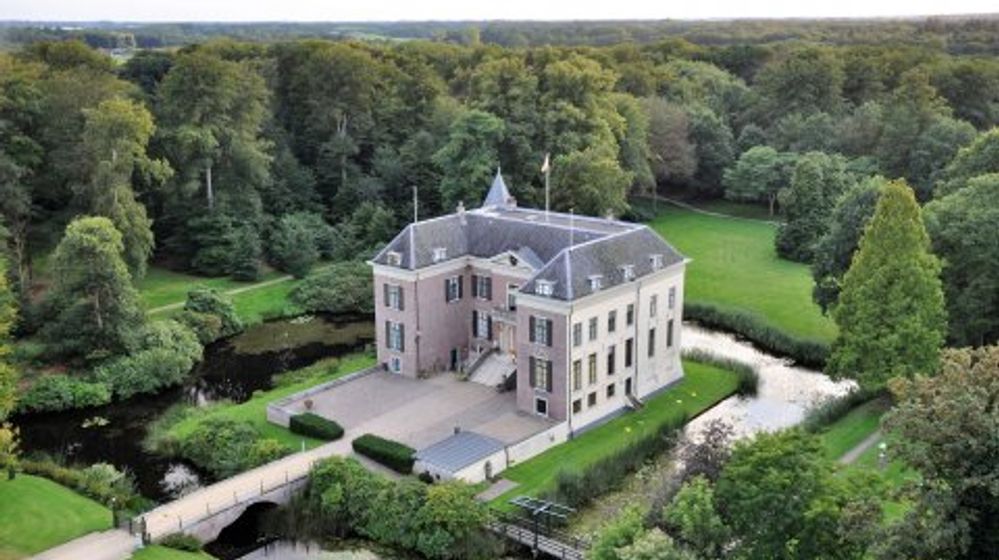
Travel post
The Emperor's Escape
Published 11/10/2025
The story of German Emperor Wilhelm II unfolds like a dramatic chapter from European history. After Germany’s defeat in World War I, the emperor was faced with an impossible choice: remain and face the consequences, or flee to prevent a potential violent end. In November 1918, disguised to avoid recognition, he boarded a train bound for the Netherlands — a neutral country that could offer him safety during a time of political chaos.
Arrival in Doorn
His journey ultimately brought him to the quiet village of Doorn, surrounded by forests and peaceful avenues, far removed from the grandeur and power he once commanded. In Huis Doorn, the fallen emperor found not only shelter but also a new sense of calm. The stately manor became his home for the rest of his life. Here, he spent his days strolling through the gardens, tending to his beloved rose bushes, and reflecting on a past that had abruptly ended.
Life Inside Huis Doorn
His journey ultimately brought him to the quiet village of Doorn, surrounded by forests and peaceful avenues, far removed from the grandeur and power he once commanded. In Huis Doorn, the fallen emperor found not only shelter but also a new sense of calm. The stately manor became his home for the rest of his life. Here, he spent his days strolling through the gardens, tending to his beloved rose bushes, and reflecting on a past that had abruptly ended.
A Legacy of Silence and Reflection
Wilhelm’s flight to Doorn is not only a tale of loss, but also one of a man stripped of power who discovered the quiet value of nature, solitude, and withdrawal from public life. His presence in the Netherlands created a unique historical connection between the two countries — a connection that still fascinates historians and visitors today.